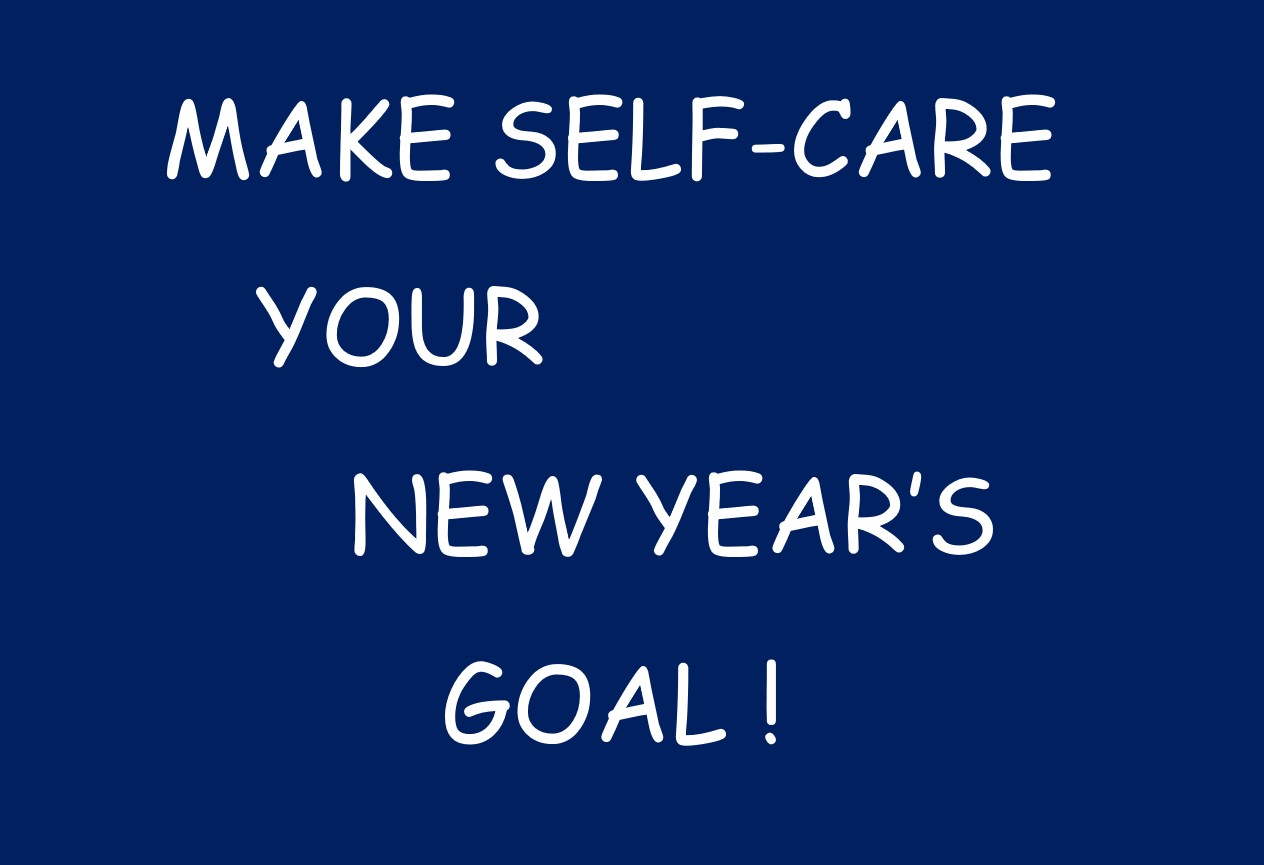
As 2025 begins, many will be thinking about making New Year’s resolutions. While losing weight, exercising, and cutting back on alcohol consumption, along with other self-improvement goals, are important, it’s a researched fact that most resolutions are not accomplished. In fact, the success rate for keeping resolutions is a dismal 9%. New Year’s Resolutions Statistics and Trends [2024]
On the contrary, studies show that overwhelmingly, people feel compelled to change because of external expectations and demands. What is important to understand is that guilt and shame are not effective motivators for long-lasting change.
Again, although people make changes for a while, studies show that to sustain lasting change, the motivation for change must come from within. It’s like the old joke goes, “How many people does it take to change a light bulb? One, but only if the light bulb really wants to change.”
Data reveals that focusing on self-care rather than giving in to external pressures or feelings of the obligation to change is the best way to make important changes in one’s life.
To be clear, self-care may not involve change or resolving problems so much as it does learning how to better cope with difficult situations that may not have a simple or immediate solution.
Although any significant change is difficult, committing to self-care is especially hard because both religion and culture are against it. That said, developing good self-care habits is not impossible. Here are some basics for those who are interested in committing to increased self-care: Goal 2023: Self-Care | Pastoral Counseling Syracuse NY
What is Self-Care ?
In a nutshell, self-care is simply loving yourself. It means paying attention to and not ignoring one’s basic needs like nutrition, sleep, exercise, and physical / mental health.
Adequate self-care also requires monitoring your stress levels and building adequate time for recreation, non-demand activities, and leisure. To do these things, one must believe that they deserve the attention, i.e., it means having positive self-esteem and understanding that one’s own needs are just as important as anyone else’s.
Obstacles to Improving Self-Care ?
Common Myths –
In America, religious and cultural biases have promoted negative attitudes toward self-care. It was viewed as indulgent, selfish and an unnecessary luxury. Despite this prejudice, both medical science and psychology understand that self-care is essential maintenance for physical and emotional health.
Religious Antipathy
Throughout the centuries, Western religious teachings have encouraged folks to disregard self-care and put the needs of others first. And I say this as an ordained Christian minister who for many years struggled to help you pastors improve their own self-care habits. Even though the biblical text reads, “Love your neighbor as yourself” (Lev. 18.19), unfortunately, many Christians have corrupted the lesson to be “Love your neighbor instead of yourself.”
This corruption has often been accompanied by the notion of ignoring one’s own needs in favor of attending to the needs of others. From Sunday school on, many have been taught that paying attention to one’s needs is selfish and “un-Christian.”
In other words, one of the biggest obstacles to practicing self-care is the false belief that one’s own needs are not as important as the needs of others are.
Cultural Disdain
Remember the Cadillac commercial that mocked Europeans for liking vacation time ? Cadillac’s viral ad glorifies America’s crazy work ethic — but my French in-laws don’t buy it | The World from PRX) Indeed, those who look after their own needs can be either socially stigmatized or penalized in their careers.
Self-denying Christian moralism manifested itself in American culture under the guise of the Puritan Hard Work Ethic. According to this view, work and leisure are not valued equally. Indeed, rest and leisure are not only viewed as unnecessary luxuries but are even mistrusted as obstacles to faith. Think of the often-used phrase “The Devil finds work for idle hands.” (from 2 Thess 3.6, idleness is contrary to Christian beliefs)
Even though modern science has shown that rest and not overworking are crucial for good physical and mental health, remnants of the Puritan “work ethic” often disdain vacations or setting reasonable limits regarding work.
Another problem with practicing self-care is that one who does it may encounter resistance from friends and employers. Many feel that taking vacations or having work limits is seen as being “soft” or not dedicated to their job.
Tips for improving self-care.
1) The key to practicing self-care is increased self-awareness, i.e., realizing that mindfulness is not a luxury but essential for your emotional/physical health as well as for your maximum performance. In other words, one needs to feel entitled to take care of one’s needs.
2) When one feels entitled, then one continuously monitors how well basic needs like sleep, nutrition, and stress management are being addressed. CNNtps://www.cnn.com/2022/12/27/health/12-weeks-to-a-sharper-you-sanjay-gupta-wellness
3) The third characteristic of self-care is scheduling. The demands of life are such that there is no such thing as free time. If personal needs are to be met, they must be built into one’s schedule.
As we begin the new year, having a positive attitude toward the future is important. As you think about goals and ways to improve your life, the way you think about the changes that you’d like to make can make a huge difference.
There is a better way to approach New Year’s goals. See them as an expression of self-care and an opportunity to increase the quality and wellness of your life. While changing deeply rooted and maladaptive attitudes may be difficult, making the effort is worth it. You’re worth it !
Rev. Michael Heath, LMHC, Fellow A.A.P.C. 1 5 2025
www.revmichaelheath.com



